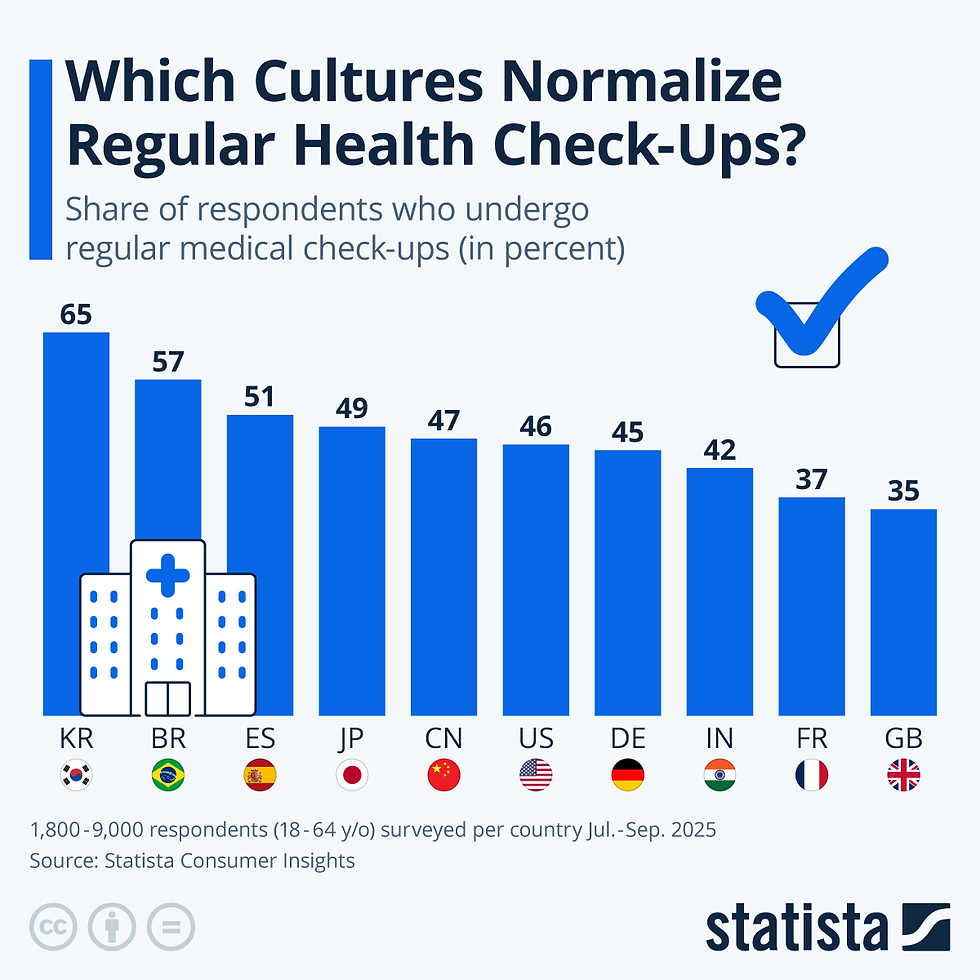How Fast are Countries Burning Through Natural Resources?
- Create and Learn

- Jul 6, 2022
- 2 min read

This article is published in collaboration with Statista
by Anna Fleck
Earth Overshoot Day will land on July 28 this year. This means that only seven months into 2022, we will have already used up all of the resources that the world can regenerate in a year. The last five months will be burning into resources that - with no Planet B - we simply cannot afford. While the pandemic saw humanity’s global environmental footprint decline, with Earth Overshoot Day taking place later than usual in 2020, on August 22, it was short-lived, returning once more to July 29 in 2021, the same day as in 2019.
This year’s country overshoot dates, released by the think tank Global Footprint Network, reveal a pretty daunting prospect. Not only do they show the extent to which we are over-extracting the planet’s resources, but they also underline the extreme inequalities that exist between countries.
Our chart shows that Qatar, a relatively small and rich country, comes out on top for burning through resources the fastest. In fact, if the whole planet consumed resources at the pace of Qatar, we would hit our 2022 threshold by February 10. Meanwhile, Indonesia, Jamaica and Benin are three of the handful of countries that have overshoot days in December. The consumption divide seems to be split between richer, industrialized countries and those with a lower-income. 50 countries do not overextend their natural resources and therefore do not have an Earth Overshoot Day.
According to the Global Footprint Network’s methodology report, the findings take into consideration how much land/resources a country has and how much is needed to meet its people’s demand for food, timber, energy production, waste absorption and space for roads.
Start leaning Data Science and Business Intelligence tools:




























Comments